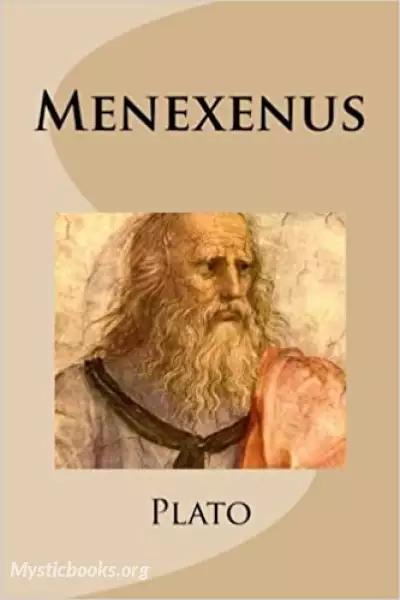
Menexenus
'Menexenus' Summary
Socrates encounters Menexenus, who was coming from Athens' Council Chamber, and asks him what had transpired there. Menexenus replies that the Council was arranging for the burial of those fallen in battle and was about to select someone to make the funeral oration, but he is afraid that the orators are not well prepared (235c). Socrates asserts that a speech like this one should not be difficult to compose, and that even he could have done it, having been instructed in these matters by Aspasia herself, who according to Socrates, and probably with a sense of irony, has taught the best orator of them all, Pericles (235e). In fact, Socrates claims that Aspasia had prepared a whole speech which she had entrusted him with. In all probability, Socrates' claim is a literary device that Plato uses, as some of the events that will be mentioned in the speech happened after Aspasia’s death. Menexenus is eager to listen but Socrates is reluctant at first, as he believes that Apasia might become angry at him for publishing her speech. He finally consents and begins the delivery.
Like Pericles' Funeral Oration that her speech is supposed to be mimicking, Aspasia's oration is composed of a eulogy to the city of Athens. It begins by affirming the noble birth of the fallen together with their purity of blood. The speech also affirms the peculiar concept of autochthony (237b), by which Athenians never came from elsewhere but had “sprung from the very ground” of their city. The speech continues by recounting Athen's defence of Europe against the Persian Empire, first at Marathon and then at Salamis, proving to the rest of the Greeks that the Persians could be beaten. After displaying such bravery however, Athens became an object of envy, and so the city had to fight against her former allies (242a-b). As the Peloponnesian War broke out, Athens proved her character yet again at Sphacteria when it refused to kill the Spartan captives (242c).
Finally, the speech ends by claiming to deliver verbatim to the new generations the final words of those who had previously risked their lives for freedom (246d). They were: to live bravely, for neither money nor beauty is good without virtue, and to strive to exceed their forefathers, who would happily be "defeated" in this noble manner. The ancient saying "nothing overmuch" (μηδὲν ἄγαν) is wise indeed, and true character is shown by those who neither rejoice in excess when fortunate nor grieve too much in misfortune (248a). These were their ancestors' words.
Menexenus finds the speech to be marvellous and wonders ever more to the claim that it was composed by a woman. Yet, knowing Aspasia's quality, he is convinced (249e), and says that he will keep Socrates' secret of having shared her with him.
Book Details
Authors
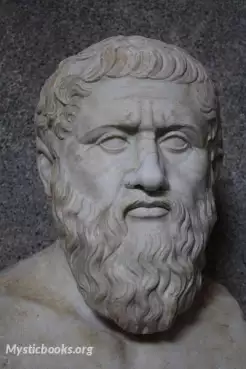
Plato (Πλάτων)
Greece
Plato ( Classical Attic; 428/427 or 424/423 – 348/347 BC)) was an Athenian philosopher during the Classical period in Ancient Greece, founder of the Platonist school of thought and the Academy,...
Books by Plato (Πλάτων)Download eBooks
Listen/Download Audiobook
- Select Speed
Related books

Kitty Alone by Sabine Baring-Gould
Kate Quarm is a bright and sensitive girl. She lives with her aunt and uncle at Coombe Cellers, a farmhouse, eating house and store occupying a promon...

Reign of Queen Anne, Volume I by Justin McCarthy
This book, the first volume of a two-part work, delves into the reign of Queen Anne of England, Scotland, and Ireland, exploring the political landsca...
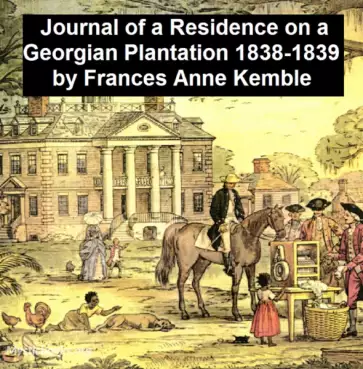
Journal of A Residence On A Georgian Plantation, 1838-1839 by Frances Kemble
Fanny Kemble was a British actress who married mega-plantation owner, Pierce Butler of Georgia. During her marriage she kept journals of everyday life...

The History of England, from the Accession of James II - (Volume 3, Chapter 15) by Thomas Babington Macaulay
The History of England from the Accession of James the Second (1848) is the full title of the five-volume work by Lord Macaulay (1800–1859) more gener...
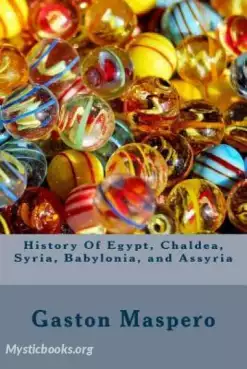
History Of Egypt, Chaldea, Syria, Babylonia, and Assyria, Vol. 2 by Gaston Maspero
History Of Egypt, Chaldæa, Syria, Babylonia, and Assyria is the masterwork of one of the fathers of modern egyptology. This work, in twelve volumes, w...
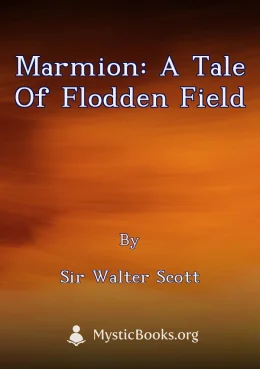
Marmion: A Tale of Flodden Field by Sir Walter Scott
Marmion is a lengthy narrative poem by Sir Walter Scott, set in the early 16th century during the reign of King James IV of Scotland. It tells the sto...

Siege of Belgrade by Alaric Alexander Watts
LibriVox volunteers bring you 9 different recordings of The Siege of Belgrade by Alaric Alexander Watts, an abecedarian poem that begins each line wit...

War and Peace Vol. 1 (Dole Translation) by Leo Tolstoy
'War and Peace' is an epic novel by Leo Tolstoy, first published in 1869. It depicts Napoleon's invasion of Russia in 1812 and follows the lives of fi...

Chronicles of Canada Volume 10 - A Chronicle of Montcalm by William Charles Henry Wood
Montcalm is, of course, a very prominent character in every history of New France. This book gives a brief history of the Montcalm family in France an...

Andersonville: A Story of Rebel Military Prisons by John McElroy
Andersonville: A Story of Rebel Military Prisons is a comprehensive four-volume history of one soldier's 15 months in Andersonville Prison during the...
Reviews for Menexenus
No reviews posted or approved, yet...